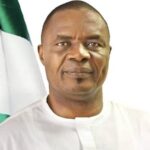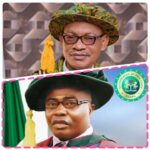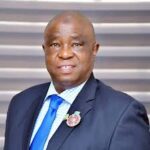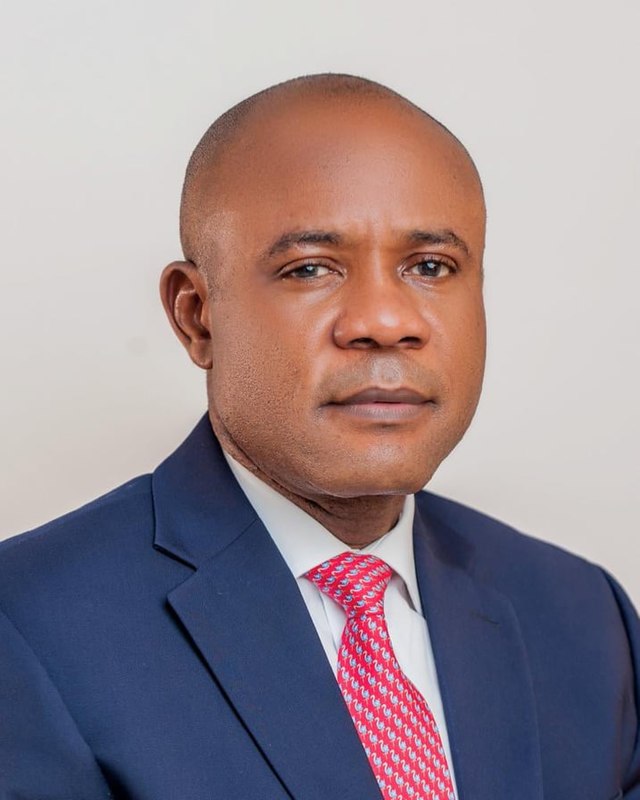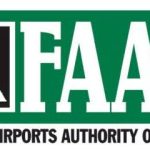By Achellius- Chud Uchegbu
The motto of Holy Ghost College, Owerri, where I graduated several years ago, under the disciplinary principalship of Monsignor Chigbu, is Recta Sapere. Recta Sapere is a Latin phrase, which, when translated to the English Language, means, “To relish what is right and just.”
And John Therry Catholic High School in Rosemeadow, Australia, incorporated it beautifully into the school prayer which reads: “Lord God, you instruct the hearts of the faithful by the light of the Holy Spirit. Grant us by this same spirit to know, love, and relish what is right and just and to rejoice continually in your blessing.”
This homily is, however, not about the exegesis or hermeneutics of the prayer neither is it of the Latin phrase, Recta Sapere. It is rather about what two national institutions did before the Enugu State Elections Petition Tribunal.
This refers to the Independent National Electoral Commission, INEC, and the Department of State Security, DSS. At the centre of the case against Governor Peter Mbah is the allegation that he allegedly submitted a National Youth Service Corps, NYSC, discharge certificate as part of the documents necessary to qualify him to contest the election to become governor of the state.
The same NYSC discharge certificate has been subjected to critical analysis by those challenging Mbah, who argue that the document was not issued by the NYSC. This allegation also led to Freedom of Information filings to NYSC to confirm if the document was actually issued by it. As it were, the national institution said to have issued the certificate had also made representations before a judicial body insisting that the document was not from it. But while the matter progressed at the tribunal, both INEC and DSS testified publicly and under oath that the contested document was actually issued by NYSC.
This, to my mind, is where recta sapere, to relish what is right and just, and John Therry School prayer come in.Ask, how did INEC and DSS certify a document that was not issued by them and did not generate from any of their offices, and has no duplicate copy stored in their archives?
Are INEC and DSS in any legal position to authenticate document that the issuer had denied? Were both national institutions attempting to force the document on another national institution in a manner that suggests that NYSC must accept issuing the discharge certificate whether it emanated from it or not? This makes me want to ask where INEC and DSS were when Salihu Buhari, Nigeria’s first Speaker of the House of Representatives in 1999, was accused of forging the certificate of the University of Toronto, an offence that made him resign from his position and also from the House and subsequently got him convicted for perjury and sentenced to two years in prison? Neither INEC nor DSS showed up at his trial to defend the University of Toronto certificate as authentic. Why?
There have also been several cases of allegations of certificate forgery against politicians, which had gone before the courts in Nigeria. In none of those cases did Nigerians see these two national institutions rise to defend the contested documents as genuine. So, why is Mbah’s case so interesting to DSS and INEC, though we hear that one has disowned the ‘Deputy Director’ that testified on its behalf.
Without saying it, those who testified at the tribunal for INEC and DSS raise serious integrity questions about the establishments. They successfully rubbed the credibility of those institutions in the mud though many Nigerians will argue that INEC lost its integrity and credibility long before it went to testify before the tribunal. This indicates that the commission was well aware that its integrity had been rubbished and as such wanted to use the Enugu tribunal matter to sink the final nail on whatever was left of its credibility. Sad!
What DSS and INEC did before the Enugu tribunal strikes at the heart of the need for strong national institutions, which has severally been identified as one of several factors that feed non-credible elections, thus propping political violence and insecurity. Strong institutions are about people, not concrete pillars. They are about people who are responsible enough to protect their integrity, knowing that whatever they do will either lead to a peaceful society or a violence-prone one; it is about humans who will uphold the rule of law and subject themselves also to the law. It is also about human resources who love to respect the names that they bear, knowing that history has a way of reminding future generations of the roles played by villains and heroes in the growth or destruction of society. It is also about upholding the value of Rotary’s Four-way Test, which asks “Is it the truth? Is it fair to all concerned? Will it build goodwill and better friendships? Will it be beneficial to all concerned?”
I guess this is the question that INEC and the DSS must ask themselves whenever they retreat to look at the role they separately played in the 2023 general election cycle and their subsequent appearance at the different election tribunals. Whatever INEC does at the tribunals will remain indelible in its history. It is, therefore, a call it has to make to itself to use the opportunity the election tribunals offer to seek to regain integrity so as to remain a credible and strong national institution.
For now, the outcome of the tribunal in the Enugu governorship election challenge is one that will stand as a testimony on the judiciary. The outcome will testify to the willingness of the judiciary to help build strong institutions for the country, irrespective of what politicians do. The judiciary must be firm enough to identify a spade by its name and name it as it is.
Historically, Nigeria has never lacked men and women of strong will and courage who sit on the bench and dispense justice as it is. Though they may no longer come like Chukwudifu Oputa, Kayode Eso, Augustine Nnamani, Ignatius Pats-Acholonu, Anthony Aniagolu, or Philip Nnaemeka-Agu, they can still be re-created through strong-willed and steadfast jurists who relish what is right and just.
*Achellius- Chud Uchegbu, a versatile journalist and Public Relations guru writes from Abuja.



